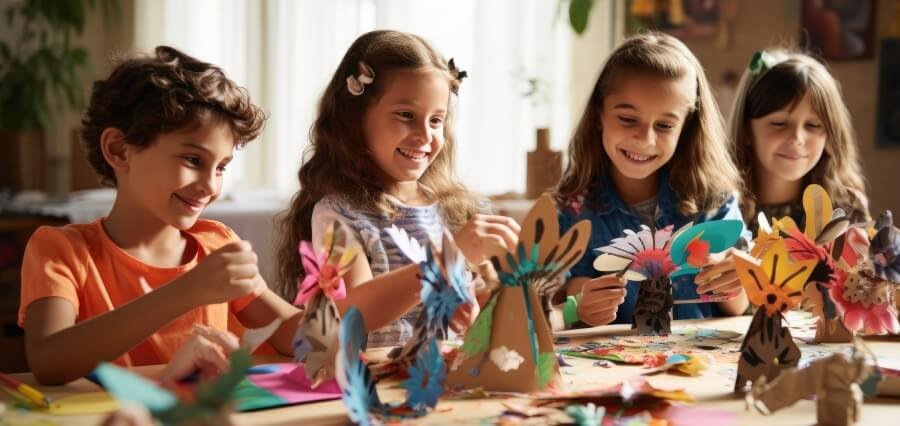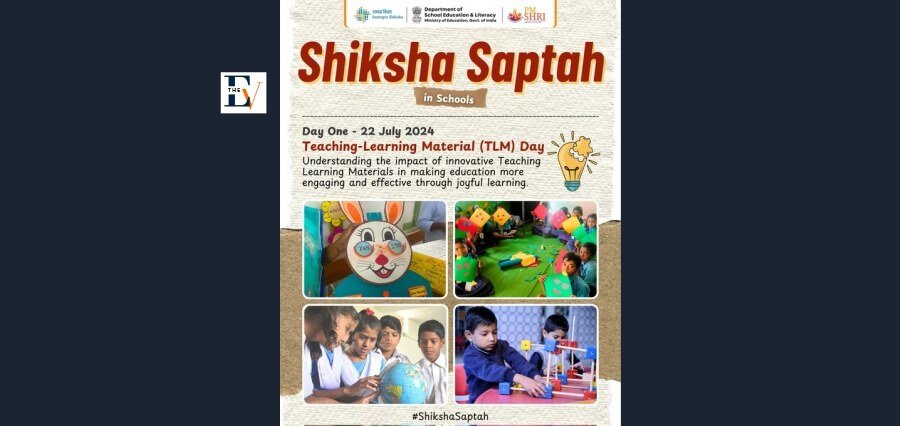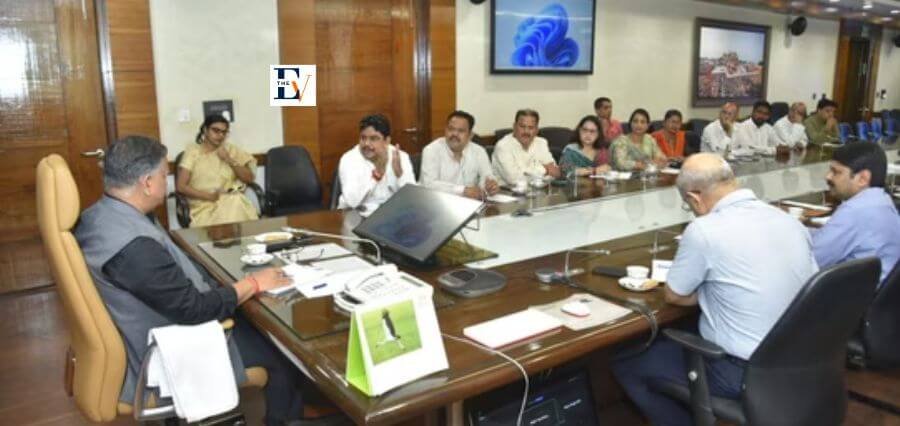Edutainment Adventures
Education has undergone a remarkable transformation, evolving beyond traditional classroom methods. In pursuing engaging and effective learning experiences, the concept of edutainment – education through entertainment – has emerged as a dynamic approach.
In this article, we explore the realm of captivating learning experiences for students, where education becomes an adventure filled with excitement, curiosity, and meaningful insights.
- Interactive Educational Games: Bridging Fun and Learning
The days when learning was confined to textbooks and lectures were limited. Interactive educational games blend fun and learning seamlessly. Whether through educational apps, board games, or online simulations, these games turn complex subjects into engaging adventures. Students embark on quests, solve problems, and acquire knowledge while having fun, making learning enjoyable and memorable.
- Virtual Reality (VR) Experiences: Immersive Learning Journeys
Virtual Reality (VR) has revolutionised the way students experience learning. Through VR, students can explore historical landmarks, dive into the depths of the ocean, or even journey into space – all from the confines of the classroom. Immersive experiences enhance retention as students actively participate in learning, transforming abstract concepts into vivid, memorable encounters.
- Educational Storytelling: Narratives that Educate and Entertain
Storytelling has a timeless allure, and when infused with educational content, it becomes a potent tool for learning. Educational storytelling captivates students’ imaginations, conveying information through compelling narratives. Whether in written or audiovisual form, stories create connections, making the learning experience relatable and fostering a deeper understanding of concepts.
- Escape Room Challenges: Problem-Solving in Action
The popularity of escape room challenges has transcended recreational activities to become a novel approach to education. These challenges require students to solve puzzles, unravel mysteries, and apply critical thinking skills to “escape.” The thrill of the challenge motivates students to collaborate, think strategically, and apply their knowledge in real-time scenarios.
- Educational Videos and Animations: Visual Learning Delights
Visual content has a profound impact on learning, and educational videos and animations bring lessons to life. Whether through animated explanations of scientific phenomena or historical events, these visual aids simplify complex topics. Students can grasp intricate concepts with ease, as visuals enhance comprehension and create a multisensory learning experience.
- Gamified Learning Platforms: Turning Education into a Game
Gamified learning platforms leverage the intrinsic motivation of games to make education more engaging. Points, badges, and leaderboards transform academic challenges into a competitive yet supportive environment. This approach not only motivates students to excel but also instils a sense of achievement, making the learning journey feel like an exciting adventure.
- Outdoor Learning Expeditions: Nature as the Classroom
Taking learning beyond the walls of the classroom, outdoor expeditions blend education with the wonders of nature. Whether it’s a field trip to a science centre, a historical site, or a nature reserve, outdoor learning provides hands-on experiences. Students connect theory with practice, fostering a deeper appreciation for the subjects they study.
- Simulations and Role-Playing: Learning by Doing
Simulations and role-playing activities simulate real-world scenarios, allowing students to “learn by doing.” Whether simulating historical events, conducting scientific experiments, or engaging in business simulations, these activities provide practical insights. Students step into different roles, enhancing their understanding of diverse perspectives and the consequences of decision-making.
- Podcasts and Audiobooks: Auditory Learning Adventures
Podcasts and audiobooks offer an alternative learning avenue, particularly catering to auditory learners. Educational podcasts cover an extensive range of subjects, featuring interviews, discussions, and informative content. Audiobooks bring literature and educational material to life through narration, allowing students to absorb knowledge while engaging their auditory senses.
- Collaborative Projects: Teamwork in the Learning Playground
Collaborative projects transform classrooms into dynamic learning playgrounds. Students work together on projects that require research, problem-solving, and creativity. Whether creating a documentary, designing a model, or organising an event, collaborative projects nurture teamwork, communication skills, and a sense of shared accomplishment.
- Museum Visits and Exhibitions: History and Culture Unveiled
Museum visits and exhibitions provide students with firsthand encounters with history, culture, and science. Exploring artefacts, interactive displays, and immersive exhibits sparks curiosity. Students not only gain knowledge but also develop a deeper understanding of the importance and context of the subjects they study.
- Coding Workshops: Nurturing Technological Fluency
In the digital age, coding has become a fundamental skill. Coding workshops turn the process of learning programming languages into an interactive and enjoyable experience. Students engage in coding challenges, develop apps, and understand the logic behind technology. These workshops foster technological fluency and empower students to navigate the digital landscape.
- Culinary Adventures: Cooking Up Science and Math
Integrating education with culinary adventures makes subjects like science and math more palatable. Cooking experiments and culinary projects provide hands-on experiences that demonstrate scientific principles and mathematical concepts. From measuring ingredients to understanding chemical reactions, students learn while indulging their culinary creativity.
- Digital Simulations in Science: Virtual Laboratories
Digital simulations in science bring the laboratory experience to students, regardless of physical constraints. Virtual laboratories enable students to conduct experiments, manipulate variables, and observe outcomes in a controlled digital environment. This approach enhances scientific inquiry, allowing students to explore and understand complex scientific phenomena.
- Inclusive Performing Arts: Expression Beyond Words
Inclusive performing arts initiatives ensure that all students have the opportunity to express themselves beyond words. Drama, dance, and music programs provide a platform for students to stage their talents, build their confidence, and communicate emotions. Inclusive arts initiatives celebrate diversity and contribute to a vibrant and supportive learning environment.
In conclusion, the landscape of education is evolving, and captivating learning experiences are reshaping the way students engage with knowledge. Edutainment adventures make learning a thrilling journey, where curiosity is the compass and exploration is the vehicle. By embracing these innovative approaches, educators can ignite a passion for learning that lasts for a long time.





